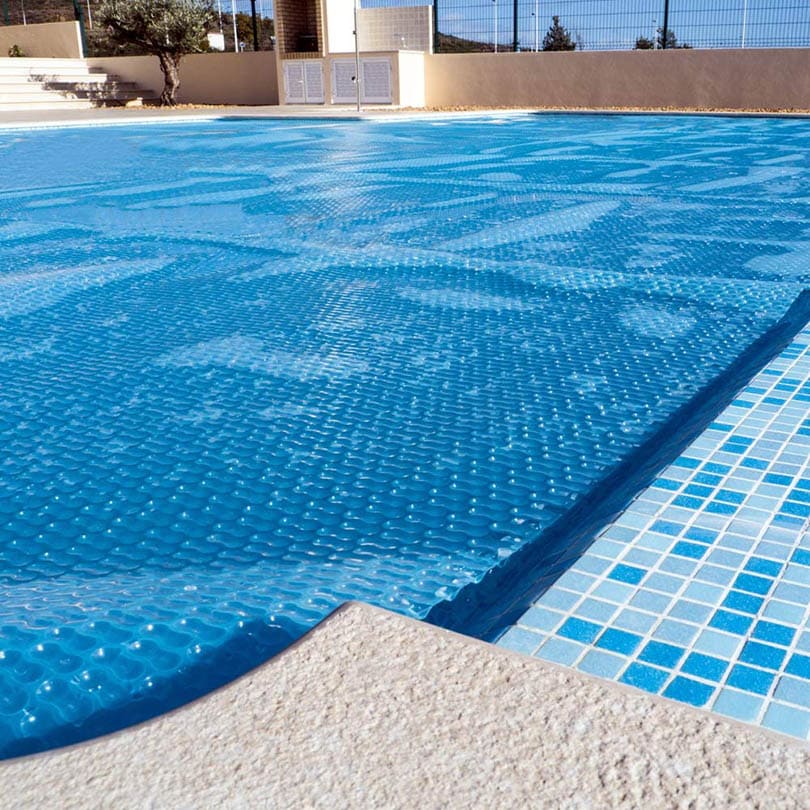How To Get Rid of Ducks in Your Yard (11 Efficient Tips)
-
Pete Ortiz
- Last updated:
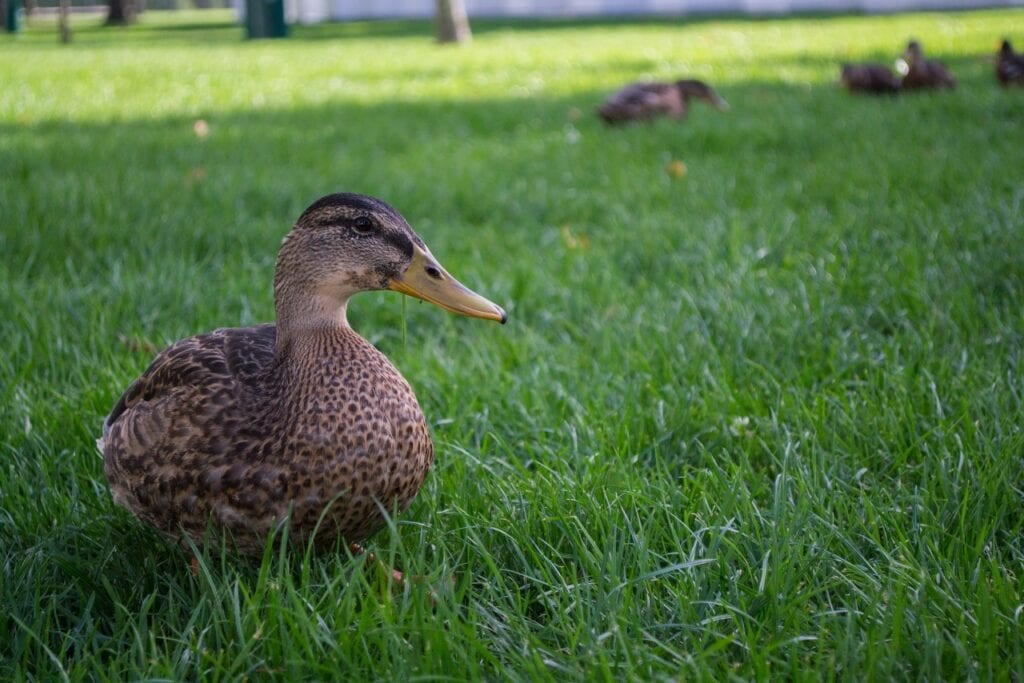
Ducks are beautiful and they can be incredible to watch as they go about their daily routine. But, if they get into your garden and start foraging, pooping, and decimating your plants and pond inhabitants, they can be a real nuisance in your yard. Typically, they are attracted to water, so if you have a pond or water feature you are more likely to see ducks on your property. But, even if you don’t have a pond, your garden might hold something that attracts and encourages these waterfowl to come.
Fortunately, there are steps you can take to discourage ducks and protect your plants and fish. Below are 11 tips to help humanely get rid of ducks.
 The 11 Tips to Get Rid of Ducks in Your Yard
The 11 Tips to Get Rid of Ducks in Your Yard
1. Add Netting to Your Pond
Ducks are waterfowl, which means that they are attracted to bodies of water. While your pond might seem insignificant when compared to nearby lakes, you might find that a small number of ducks will visit initially, looking for peace away from the crowd. Over time, and as visitors find food and refuge, the number will increase. And, even a few ducks can wreak havoc in your yard. A lot of pond owners balk at the idea of putting netting over the pond because it ruins the aesthetics, but a net not only prevents ducks from swimming but also from getting to plants and fish and it can help prevent other birds from attacking your pond life too.
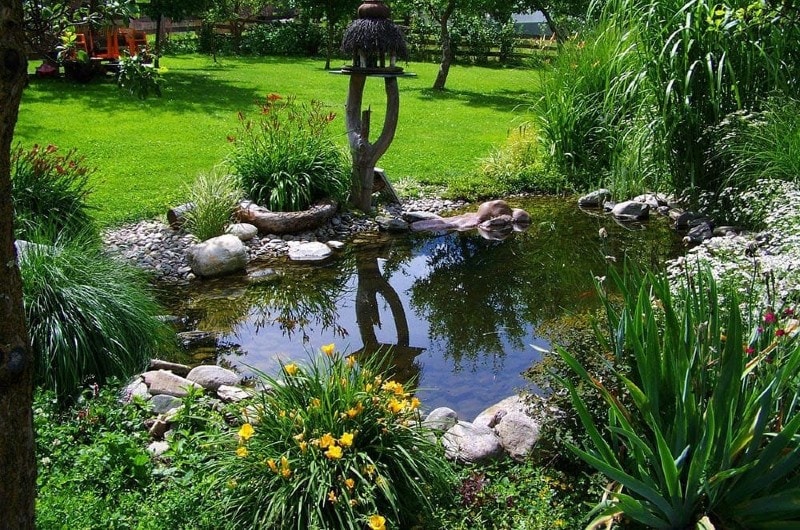
2. Add a Shade Cover
A shade cover sits above the pond, typically a few feet above, and is meant to protect the pond from glaring sunlight, slowing algae growth and protecting your fish. It can also be used to hide the pond from ducks, although some ducks will still find the pond so this method may not prove as effective as a net.
3. Utilize Water Features
Ducks like water, but they prefer calm water, which is why you rarely see them in the ocean. If you have a water feature, such as a fountain, that disrupts the whole pond and that ideally projects water across the whole of the water, it may deter duck visitors while also doing a good job oxygenating the pond water.
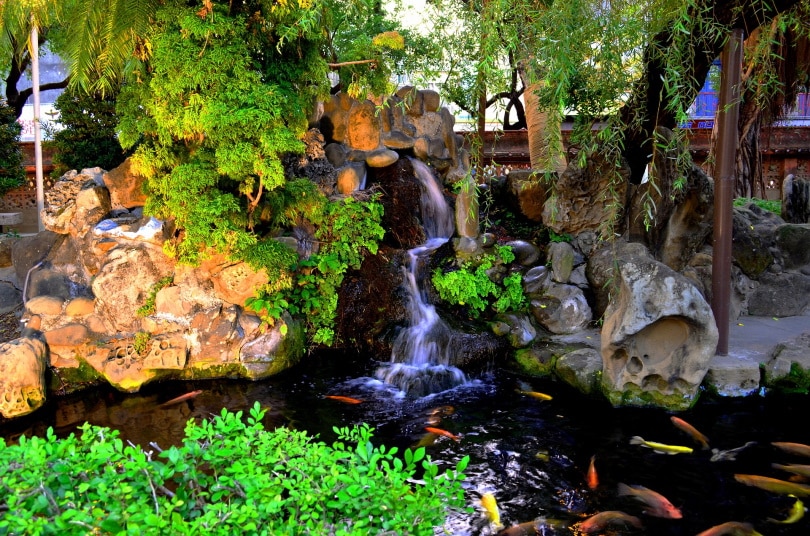
4. Use Scarers
Ducks can be quite belligerent and won’t necessarily be put off even by larger birds, but some scarers will still work. Rather than using scarers shaped to look like swans or eagles, choose ones that mimic the appearance of more threatening animals like crocodiles and dogs.
5. Try Using Decoys
With that said, ducks do still view swans as being a threat. Not only are they much larger than ducks, but they also compete for some of the same food, so clever ducks may see a swan as proving too much competition for a relatively small pond. You can also try hawk and eagle decoys. Some people report success with these, while others claim they are useless.
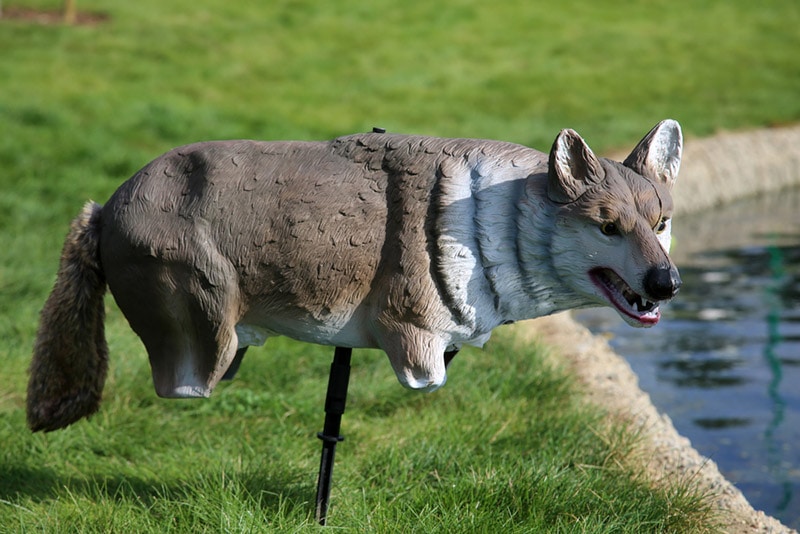
6. Verbally Discourage Them
If ducks are gathering during the day, when you’re at home, you can manually shoo them away. Don’t attack the ducks but get outside, make loud noises, and wave your arms at the ducks. They may return soon after, so you will have to keep this process up, but eventually, the ducks should get the idea and stay away.
7. Get a Pet
Dogs and cats can make some of the best duck deterrents, although cats will rarely try and take on a duck and some dogs befriend them. You don’t want a dog that will physically attack the dogs, but one that barks and runs toward them should work to scare all but the most persistent of ducks from your garden.

8. Install a Pool Cleaner
Even though pools do not have plants or fish, they can still attract the occasional duck, especially if you have plants around the pond. Automatic pool cleaners are good for keeping pool water clean and because they do make some noise, they can work to scare away ducks.
9. Add a Cover to Your Pool
An automatic pool cleaner may deter one or two waterfowl but determined ducks will still settle. A cover sits atop the entire pool. It can prevent midges and mosquitoes and also prevents ducks from being able to get into the pool. Solar pool covers are typically the best all-around solution, but they can end up being expensive.
10. Grow Perennials
If you’re struggling to keep ducks away, consider the plants that you are growing and adapt your planting accordingly. Annuals are easily destroyed because they don’t have the opportunity to grow and strengthen. Perennials, once they have a few years of growth behind them, will be stronger and less prone to trampling. You can even use the duck poop as fertilizer to help encourage strong growth from your plants as they return every year.
11. Protect Flowerbeds with Fences
If you have flowerbeds, and herb or vegetable patches, and you specifically want to protect these from ducks, you can add fencing around the beds. The fences don’t have to be too tall, but they will stop some of your duck visitors from trampling your lettuce leaves. You can get small, decorative fences that add to the look of the garden, rather than detract from it.
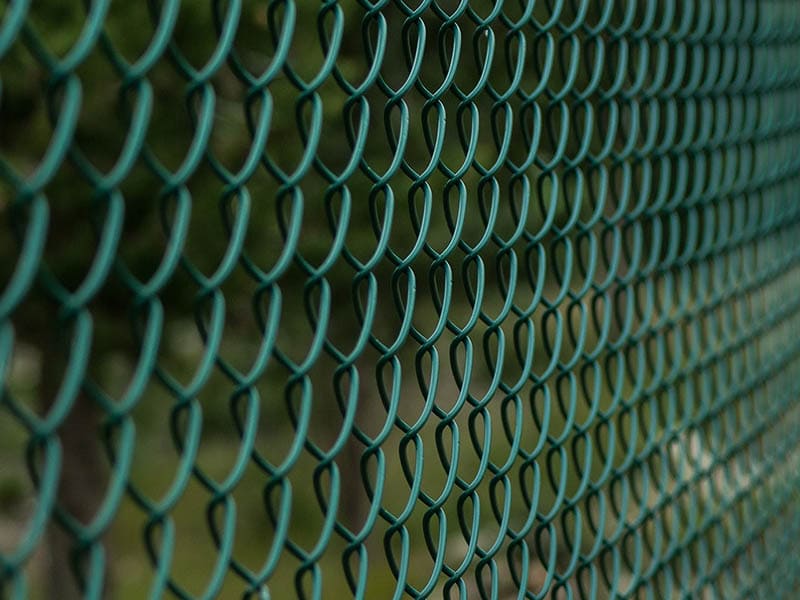
Conclusion
Ducks are rarely destructive, but there are instances where they may cause damage in your yard. They can trample plants, which is especially problematic for young plants and seedlings. And, if your pond has aquatic plants, ducks are attracted to these as food so you may lose your water foliage. And then there’s the poop. Although duck poop is a great source of natural manure, that doesn’t mean you want it on your pathways or even on the lawn.
If you’ve found you have a population of ducks congregating in your yard, and you want to discourage them, try the methods above.
Featured Image Credit: JumpStory
Contents

 The 11 Tips to Get Rid of Ducks in Your Yard
The 11 Tips to Get Rid of Ducks in Your Yard